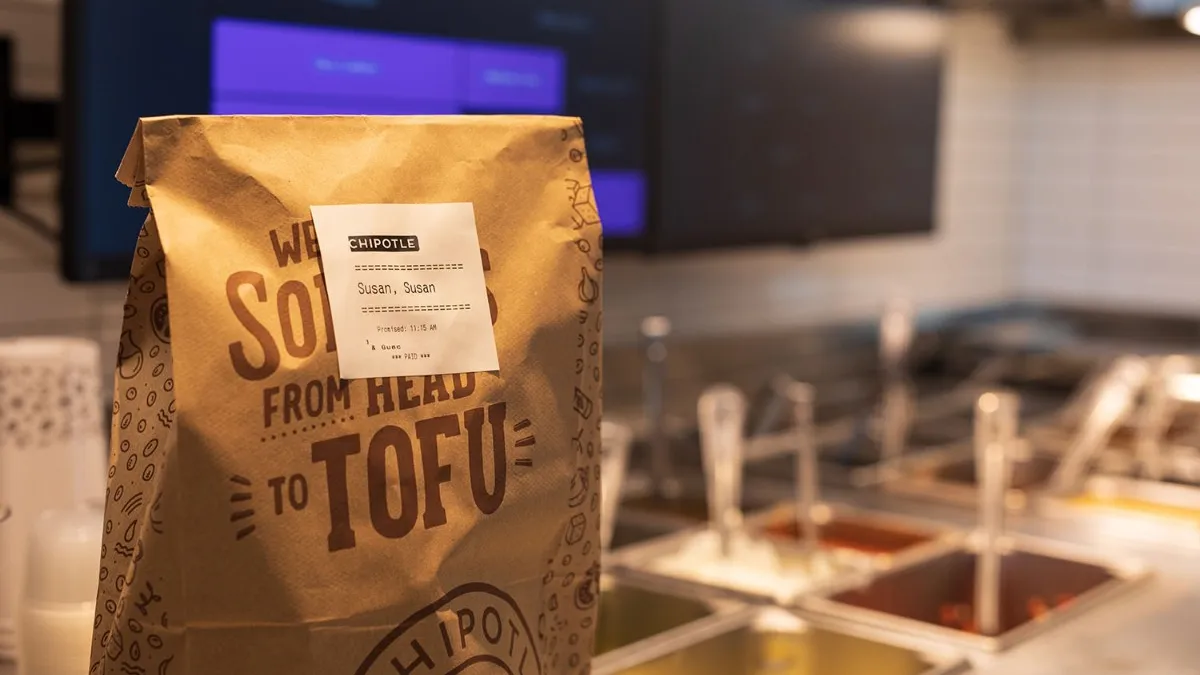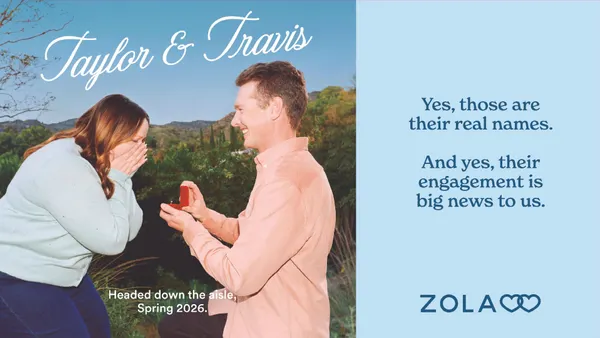As the scale of the coronavirus pandemic first came into focus in March, Chipotle Mexican Grill and its CMO Chris Brandt decided to blow up the company's media plan to meet the new reality.
Driving in-store visits and marketing around sports were out, while pushing delivery and curbside pickup became top priorities. And as the pandemic persisted and social unrest around racial injustice started to heat up, the restaurant needed to continue meeting customers where they were, from changing dining habits to fresh demands around corporate responsibility.
For Chipotle, this meant doubling down on the mobile marketing initiatives that have been central to Brandt's tenure at the company. The push has paid off: Even as in-restaurant dining cratered during the pandemic's early days, Chipotle managed to capitalize on investments in digital and put itself on track for more than $2.5 billion in digital sales this year.
"We just poured the gas as much as we could to [digital] because that's what consumers needed," Brandt said of the company's strategy.
Not only has Chipotle thrived so far this year, it's also set to continue its growth trajectory as consumer behaviors that accelerated at the outset of the health crisis linger into 2021. Chipotle's digital sales grew 202.5% year-on-year to $776.4 million in the third quarter, accounting for 48.8% of total sales over the period and helping to underpin the brand's new normal.
"Our fervent hope is that if we can hang on to 70% to 80% of these digital consumers as the in-restaurant business ramps up, we'll be in really good shape coming out [of the pandemic]," Brandt said.
A 'virtuous cycle'
In 2020, Chipotle was able to grow and hold onto digital customers thanks to a revamped loyalty program and app, along with culturally relevant marketing that engaged its core base of millennial and Gen Z consumers on platforms like TikTok.
A key indicator of Chipotle's mobile and digital success has been the rise of its loyalty program, Chipotle Rewards, which launched in March 2019. After notching 8 million users at the end of 2019, it had more than doubled to 17 million users in late October 2020. The loyalty program and app have also allowed the brand to be more sophisticated in its messaging.
"People don't hate marketing — they hate marketing that isn't relevant to them."

Chris Brandt
Chief marketing officer, Chipotle
"People don't hate marketing — they hate marketing that isn't relevant to them," Brandt said.
The app has become a key brand engagement tool as well, helping consumers understand and care about Chipotle's various purpose-driven initiatives. It also allows for better retargeting, creating a "virtuous cycle" between the brand and consumers, per Brandt.
Chipotle had plenty to share with fans as it pivoted its marketing to meet the moment, whether that meant rewarding healthcare workers with Burritos for Heroes or raising millions for organizations including the National Urban League, Thurgood Marshall College Fund, Kids in Need and Young Farmers Coalition through its Round Up program. Round Up, which rounds up a digital order to the nearest dollar and donates that amount to charity, was used by 15% of customers in what Brandt described as a "phenomenal way to turn the app into a charitable mechanism."
Chipotle also found new ways to expand on its messaging around sustainability. In October, it launched Real Foodprint, a tracker on its app and website that lets diners measure and share the environmental impact of their orders.
"Real Foodprint isn't a marketing gimmick — it's a real brand action. It's such a powerful manifestation of what the brand does," Brandt said.
Driving culture
Mobile continues to be Chipotle's preferred marketing channel to tap into culture. The restaurant was one of the first brands to embrace a pandemic-spurred jump in videoconferencing on platforms like Zoom, and as the health crisis upended activities from proms to farmers markets and esport competitions, Chipotle continued to go virtual to meet online demand.
Chief to Chipotle's mobile marketing efforts is a steady presence on TikTok, a platform it first tested in June 2019. Chipotle's success on the popular video-sharing app can be traced to how it embraces viral video trends, such as dance challenges, tricks shots and user duets, in organic ways.
That comfort with mobile tech and agility around quickly shifting landscapes has helped Chipotle leverage its digital ecosystem, with great results that it hopes to build on next year.
"It's just about reading the pulse of the consumer — and the pulse of the consumer is changing quite rapidly in 2020 — and I think that will continue in 2021," Brandt said.



 Read more
Read more









